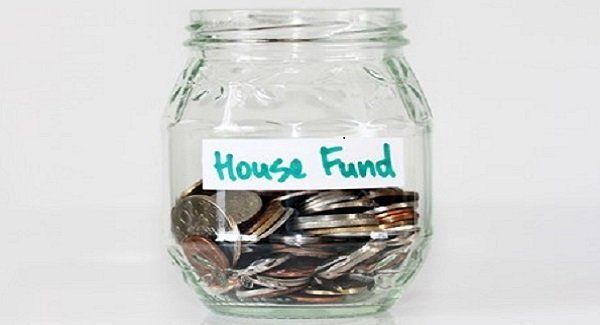Good news for first-home buyers with wider eligibility for grants and loans

It's a little easier to buy a first house after Government policy changes were introduced in March. The major change is that house price and income caps have increased, making a few more buyers eligible for the first home assistance and giving them more leeway on eligible properties.
What can first home buyers access?
Eligible Kiwis can make use of the First Home Grant and/or First Home Loan. They could potentially:
- Buy an eligible property, below the price cap, with a 5% deposit.
- Get a $10,000 grant per person for a new build, or $5,000 for an existing home.
- Withdraw from their KiwiSaver account, potentially taking out all their funds except $1000.
You can find all the details here.
How do the new policies help?
The March 2021 policy changes help first home buyers in three ways:
- Higher house price caps make more properties eligible for purchase using a First Home Grant and/or First Home Loan. The new caps are all $25,000 to $100,000 higher than the previous caps. They vary by region; you can see them all here.
- New income caps make more Kiwis eligible for this assistance: the threshold for individuals is up by $10,000 to $95,000, while the cap for couples has risen by $20,000 to $150,000.
- Property investment is now less attractive, after the removal of interest deductibility and extension of the bright line test. This will help reduce competition in the market, particularly for cheaper houses.
The Bank of Mum and Dad: how can you help?
Even with the new policies in place, it's tough to buy a first home, and many people rely on help from their families – the Bank of Mum and Dad is one of New Zealand's leading lenders.
Many of our clients have helped their kids buy first homes. There are several options to help, including gifts, guarantees and shared loans. Some of these can be complex, with far-reaching potential consequences (in the event of a relationship breakdown, for instance), and each choice should be weighed up carefully.
Please talk to us about the implications before you make a decision, as well as taking advice from a lawyer. We're happy to help.

How the new Government and coalition agreements might affect owners of residential rental properties
Useful Tools...
We offer a range of free, easy to use online tools to help you manage aspects of your business and keep you up to date with tax facts and information as well as key financial dates.
Service Plans & Packages
When you sign up for one of our convenient service plans, you have the certainty of knowing what you are getting from the outset with your annual fees agreed upfront, then spread over the year via easy monthly repayments.
Get in Touch...
If you have a general enquiry or would like to meet with a member of our team please feel free to call us or make an appointment.
 CA
CA
 Xero
Xero
 MYOB
MYOB


